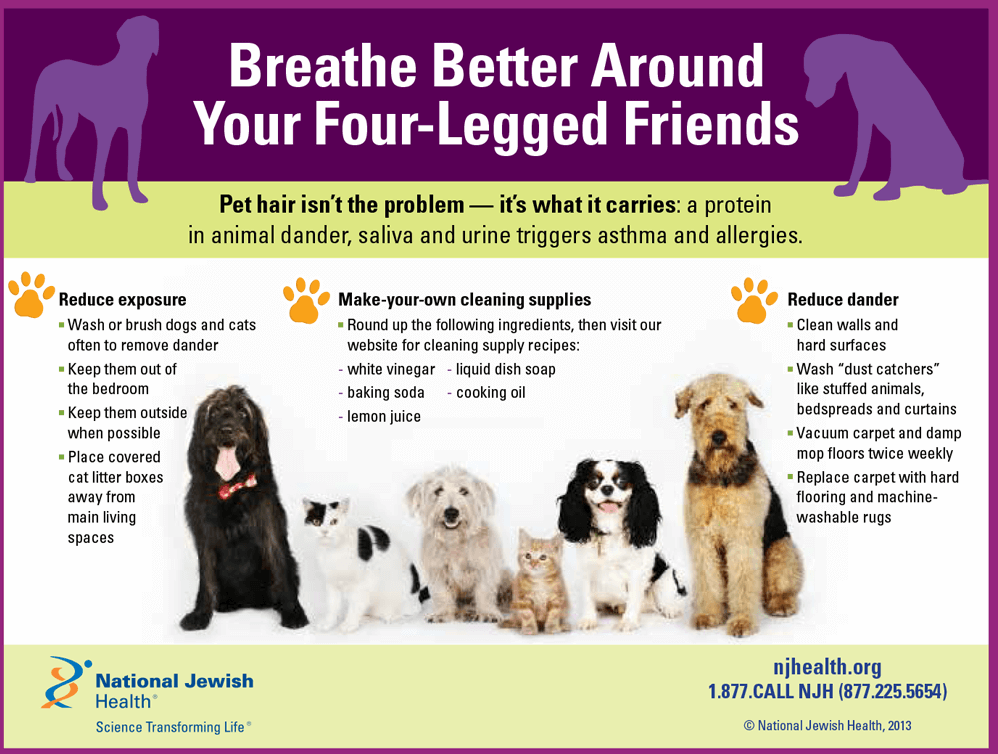Whether your dogs hang around at day care or boarding facilities, they require to be updated on all of their called for vaccinations. Core injections include Bordetella, rabies and DA2PP, which defend against typical conditions that dogs are subjected to when in close contact with others.
Non-core vaccinations consist of canine flu and leptospirosis shots. These are recommended for pups that mingle with other canines often.
Core Injections
As an important part of preventative treatment, pet vaccinations aid maintain pet dogs risk-free from infectious diseases sent with direct contact or infected surface areas. Injections stimulate the body immune system to develop antibodies that combat illness, and most vets think about core pet dog vaccinations to be essential for all family pets.
Rabies
A lot of trustworthy dog day care centers require that your animal depend on date on their rabies vaccination. Inoculations are carried out to puppies as very early as 12-16 weeks old, and boosters are required every three years or so till their adult years. Rabies is a fatal viral condition that spreads via saliva, normally from attacks. A lot of states need rabies vaccinations for all pets and felines, and some even mandate rabies boosters for pet proprietors.
Distemper/Parvovirus/Adenovirus (DHPP).
This mix vaccination covers canine distemper, parvovirus, hepatitis, and adenovirus, all of which are highly infectious. The majority of veterinary offices provide DHPP vaccinations as one shot or in a collection of 2 to 4 shots, given 2-4 weeks apart, complied with by an annual booster. This injection is a need for the majority of boarding and dog day care facilities, as well as several groomers.
Bordetella/Canine Parainfluenza Vaccine.
Bordetella bronchiseptica, generally called kennel coughing, is a really infectious breathing infection triggered by the bacteria that causes the condition. Symptoms consist of relentless coughing, sneezing, nasal discharge, and fever. Most kennel coughing episodes happen in crowded settings, such as day care or boarding centers, and are particularly common in warmer climate. This injection is a need for a lot of daycare and boarding centers, and is usually supplied in a mix with the DHPP injection.
Leptospirosis Vaccination.
This is a microbial illness that spreads through infected water, soil, and urine. Infection can cause kidney and liver damages, as well as fatality, and is transmissible to humans. The majority of vets will certainly suggest this injection, based on geographical location and way of living of the pet, for canines that hang around outdoors or at boarding facilities, as well as some groomers. This vaccination is usually provided as a series of 2 to four shots, spaced 2-4 weeks apart, with a yearly booster needed for the majority of pets.
Lyme Disease Vaccination.
The most typical tick-borne disease in the USA, Lyme illness is transmitted by the deer tick and can cause high temperature, joint pain, muscular tissue discomfort, and loss of appetite. The Lyme condition injection safeguards against one of the most prevalent pressures of the infection, including the H3N8 and H3N2 pressures. Many veterinary facilities suggest this vaccination, especially in high-risk locations, such as the Northeast, top Midwest, Mid-Atlantic, and along the Pacific coast.
Noncore Vaccines.
Various other canine vaccinations, while not needed for all pets, are best boarding for dogs near me advised based on the pet's way of life and geographical location. These consist of the following:.
